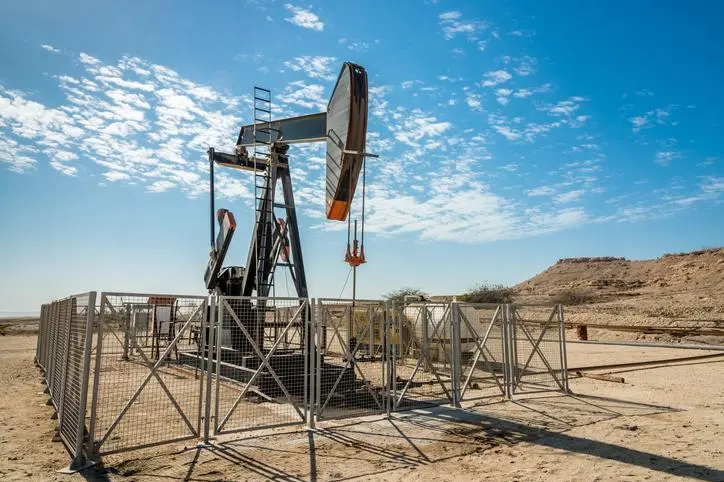PHOTO
LONDON - Oil fell below $78 a barrel on Wednesday as a U.S. Gulf tropical storm weakened and moved away from oil-producing areas and concern about weakening global demand added downward pressure.
Crude had jumped the previous day as oil companies shut dozens of offshore platforms in anticipation of damage from tropical storm Gordon. But by Wednesday the storm was weakening, reducing its threat to oil producers.
"Tropical storm Gordon made an uneventful landfall after dashing expectations that it would strengthen to a hurricane," said Stephen Brennock of oil broker PVM.
"Instead, it weakened considerably and deviated away from oil-producing areas, which, as a result, has taken the wind out of bulls' sails."
Brent crude, the global benchmark, fell 54 cents to $77.63 a barrel by 1330 GMT. On Tuesday prices had climbed to $79.72, their highest since May. U.S. crude was down 62 cents at $69.25.
Oil also weakened as the slide in Turkey's currency and the United States-China trade dispute raised demand worries. OPEC Secretary-General Mohammad Barkindo said he expects trade disputes to hit energy demand eventually
"Fears of Turkey's currency crisis spreading to other emerging markets have prompted demand-side concerns," said Abhishek Kumar, senior energy analyst at Interfax Energy.
"Elsewhere, the growing likelihood of the Trump administration imposing additional tariffs on goods imported from China is keeping investors on edge."
Oil could draw some support if weekly reports on U.S. inventories show a drop in crude inventories, as expected. Analysts estimate, on average, that stocks fell by about 1.9 million barrels last week.
The American Petroleum Institute, an industry group, releases its supply report at 2030 GMT on Wednesday, a day later than usual because of the Labor Day holiday on Monday. Official government figures are due on Thursday.
U.S. sanctions targeting Iran's oil sector from November are already reducing exports from OPEC's third-largest producer and counteracting the impact of an agreement by OPEC and its allies to pump more oil.
"With the anticipation of up to 1.5 million barrels per day affected by the U.S. sanctions on Iran, one would expect prices to move higher in the weeks ahead," said Stephen Innes, of futures brokerage OANDA.
(Additional reporting by Henning Gloystein Editing by David Goodman and Edmund Blair) ((alex.lawler@thomsonreuters.com; +44 207 542 4087; Reuters Messaging: alex.lawler.reuters.com@reuters.net))





















